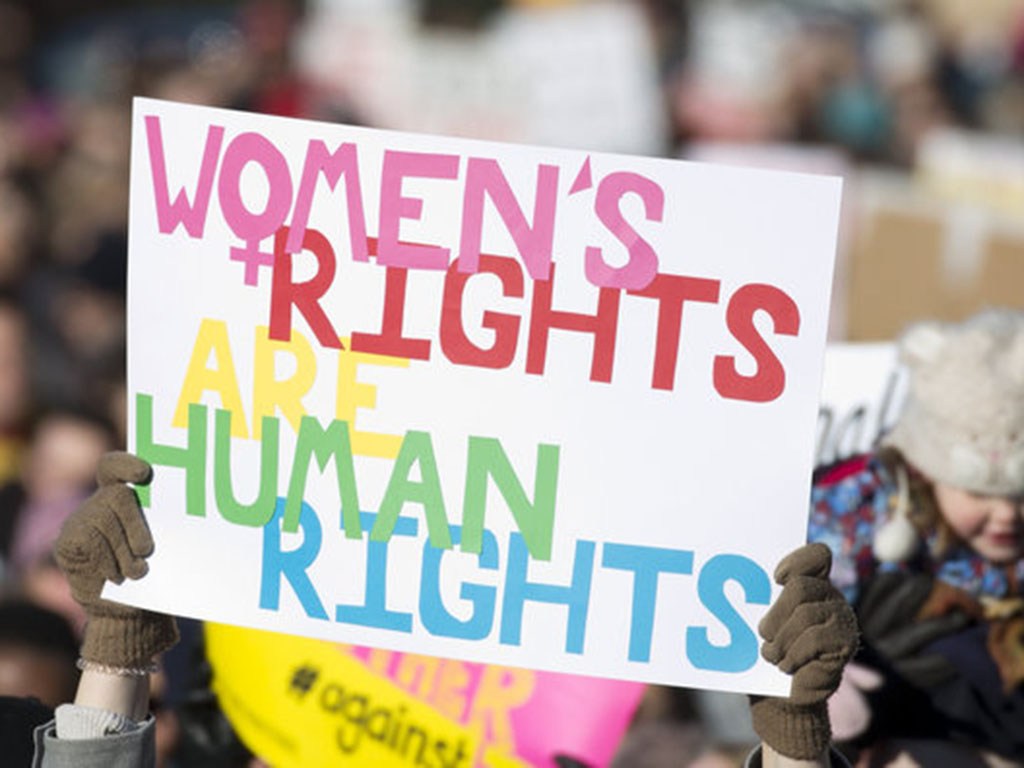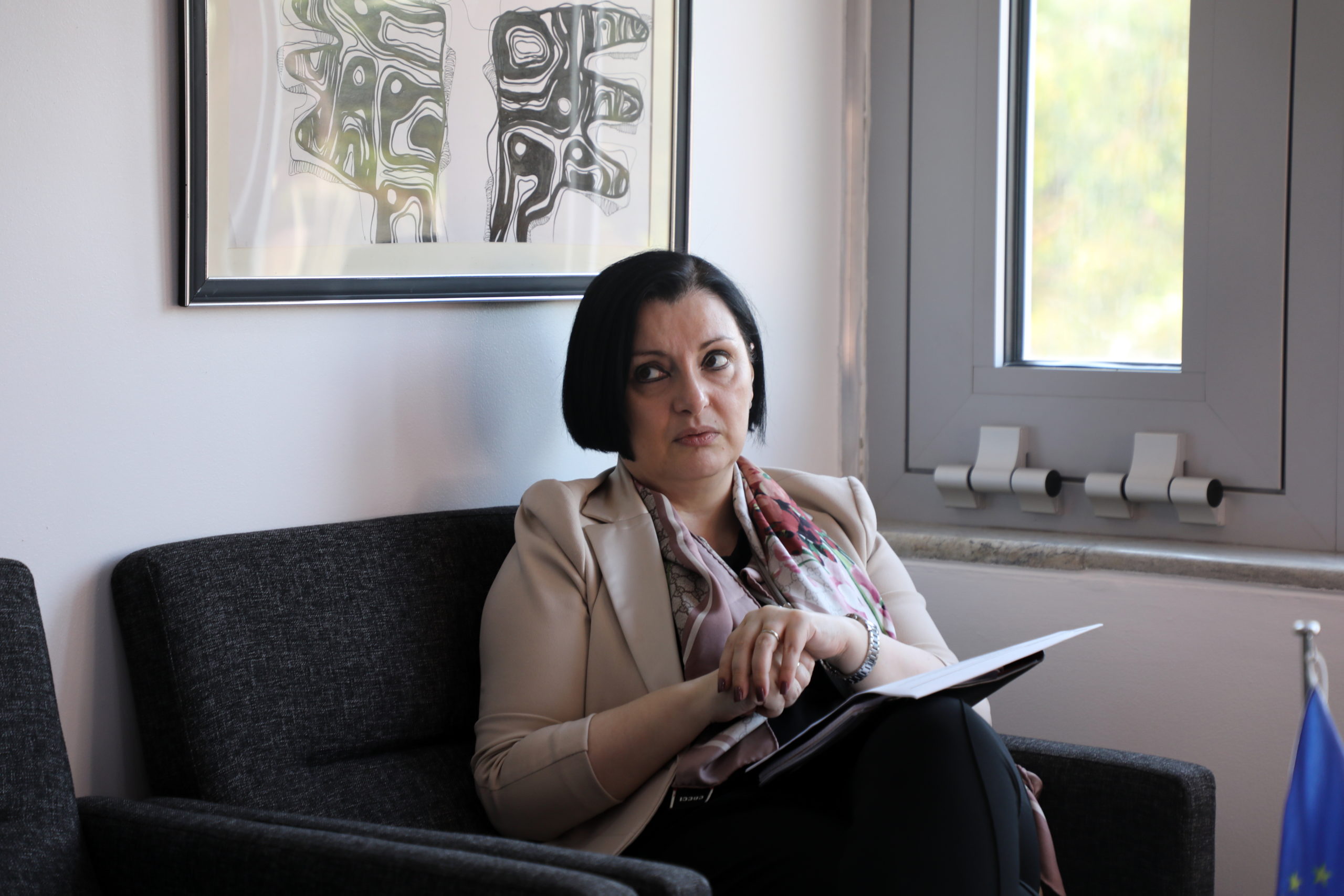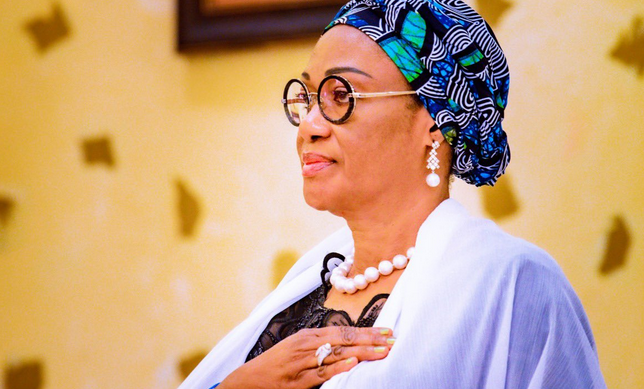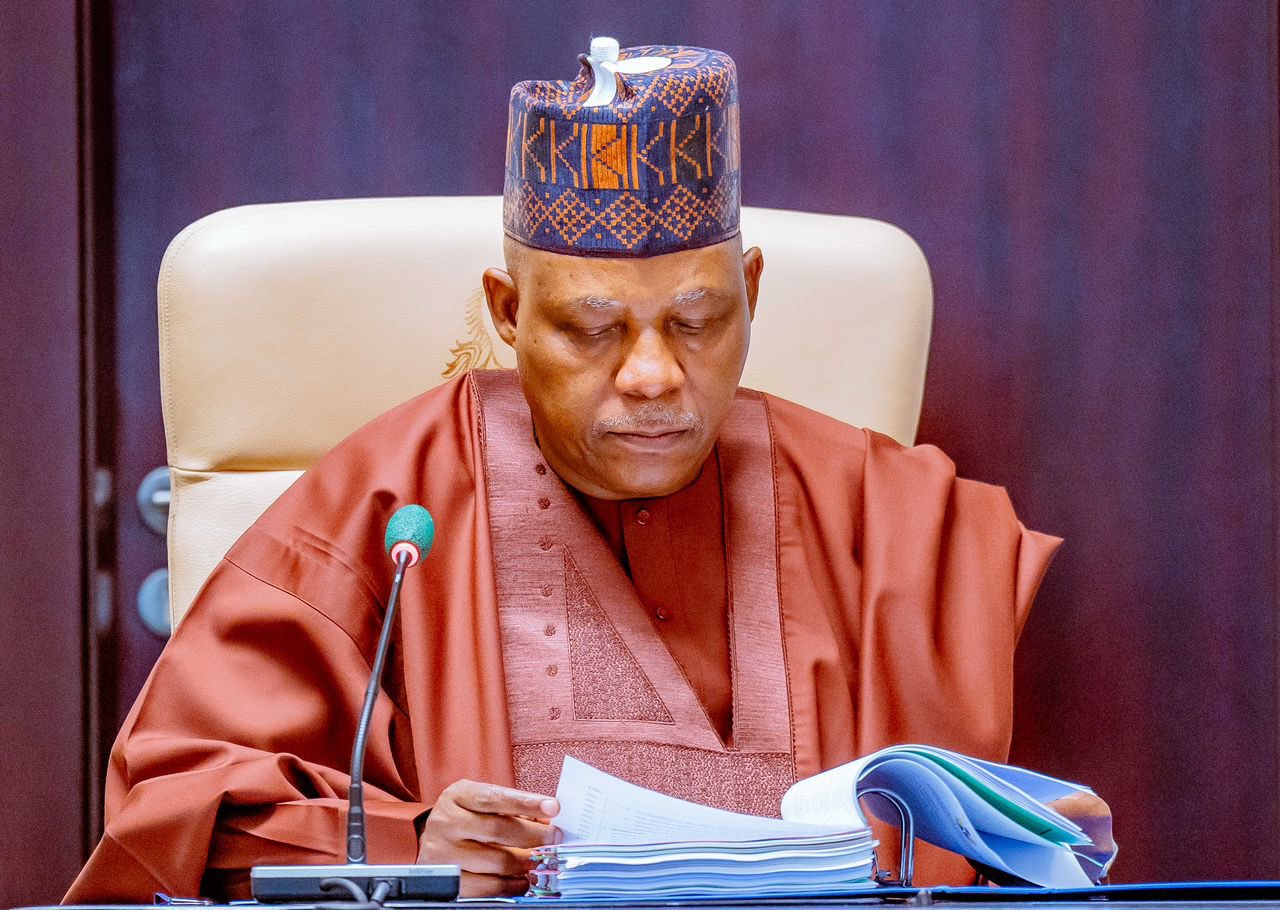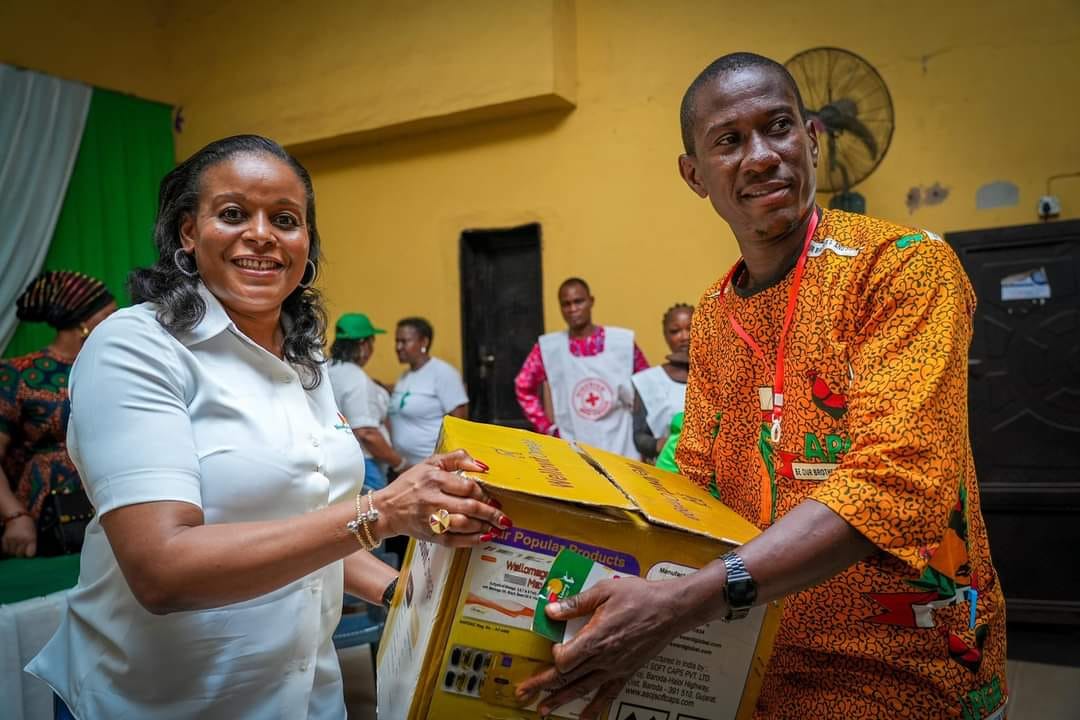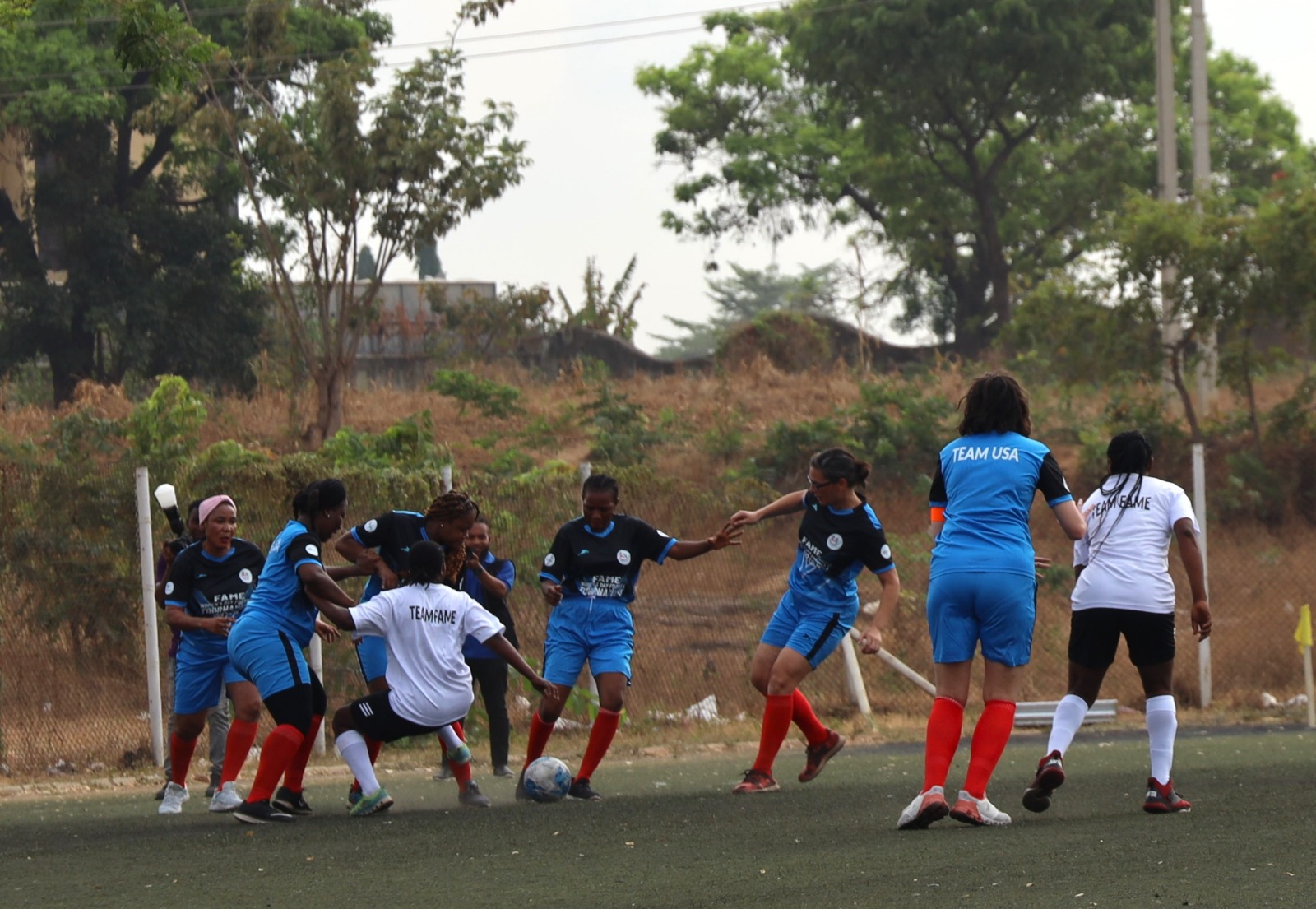Ipas Nigeria Health Foundation (INHF) has urged the federal government and stakeholders to target investments that empower women and girls to make decisions about their lives and health.
INHF made the call in a statement issued on Friday to mark the annual International Women’s Day (IWD) celebrated on March 8.
Ipas said the investments would enable women and girls to achieve bodily autonomy and reach their full potential.
Citing a world economic report, INHF said Nigeria ranks 122 out of 144 countries on the gender gap index, with widespread inequality.
Advertisement
This inequality spans across access to health services, access to economic livelihoods, enforcement of legal rights, and societal norms.
“The inherent gaps in these areas reinforce gender inequality even further as women and girls recurrently face barriers that limit their ability to self-determine critical life decisions, including decisions on their sexual reproductive health,” the statement said.
“It is worse for women in vulnerable communities and women with disabilities. Women already living in poverty have higher rates of unintended pregnancies due to livelihood vulnerabilities, are unable to afford contraception, are less educated than their peers, and lack knowledge about or access to sexual and reproductive health.
Advertisement
“Furthermore, societal ills, including gender-based violence, remain widespread, further creating adverse effects on women’s livelihoods, health and social well-being.”
A recent INHF research indicates that 76 percent of women and girls (aged 15 – 49) have experienced sexual violence in their lifetimes, while 3 out of 25 of the surveyed population that suffered rape had unwanted pregnancies.
“It is mind boggling that women continue to bear the brunt of multiple gaps within our society,” the statement quoted Lucky Palmer, Ipas Nigeria country director, as saying.
“Gender inequality has reinforced some of the gaps that we see around us, and this is exemplified in some worrisome statistics.
Advertisement
“Every 6 in 10 abortions are unsafe, Nigeria has one of the highest maternal deaths in the world, with 1,047 deaths per every 100,000 live births, with unsafe abortions contributing over 15%.
“It’s time for stakeholders to work collaboratively in directing investments that eliminate entrenched gender disparities and empower women and girls to make decisions that affect them, including sexual and reproductive decisions devoid of coercion.”
Ipas urged key ministries and parastatals, including the ministry of health, justice and the private sector, to address gaps that disempower women.
Advertisement
Add a comment
